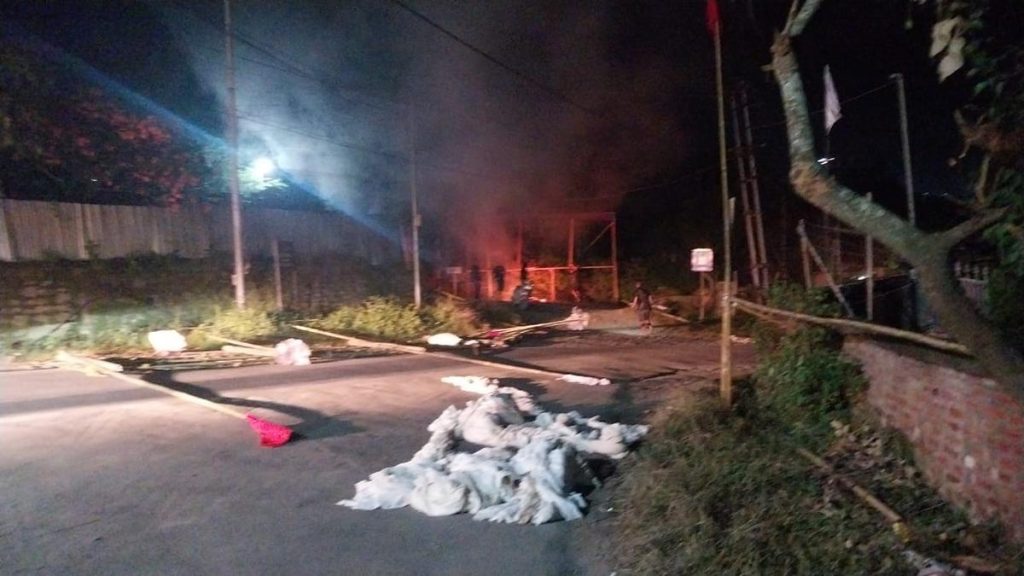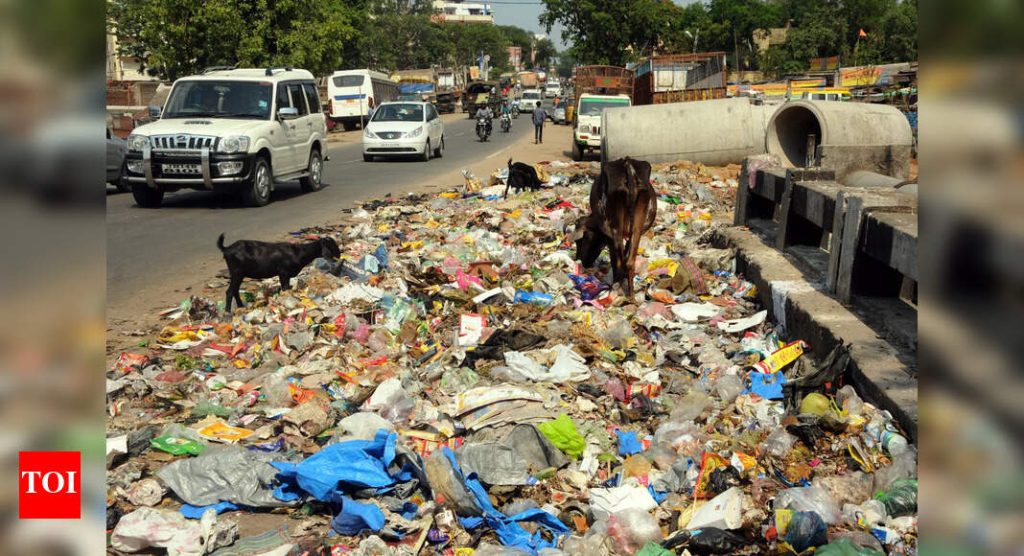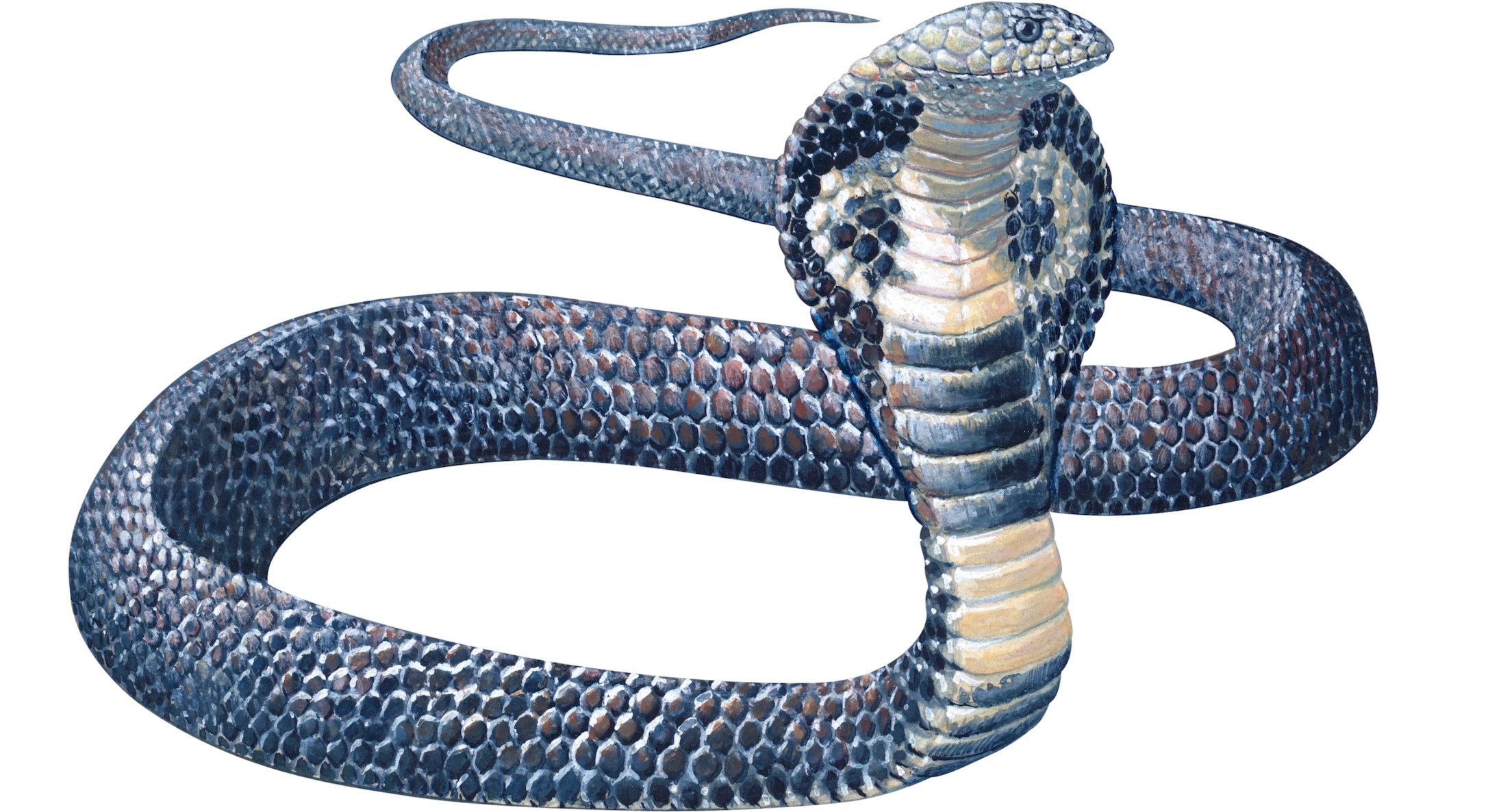Now Reading: India’s Opulent Koala Vaccine Approval Mark
-
01
India’s Opulent Koala Vaccine Approval Mark
India’s Opulent Koala Vaccine Approval Mark
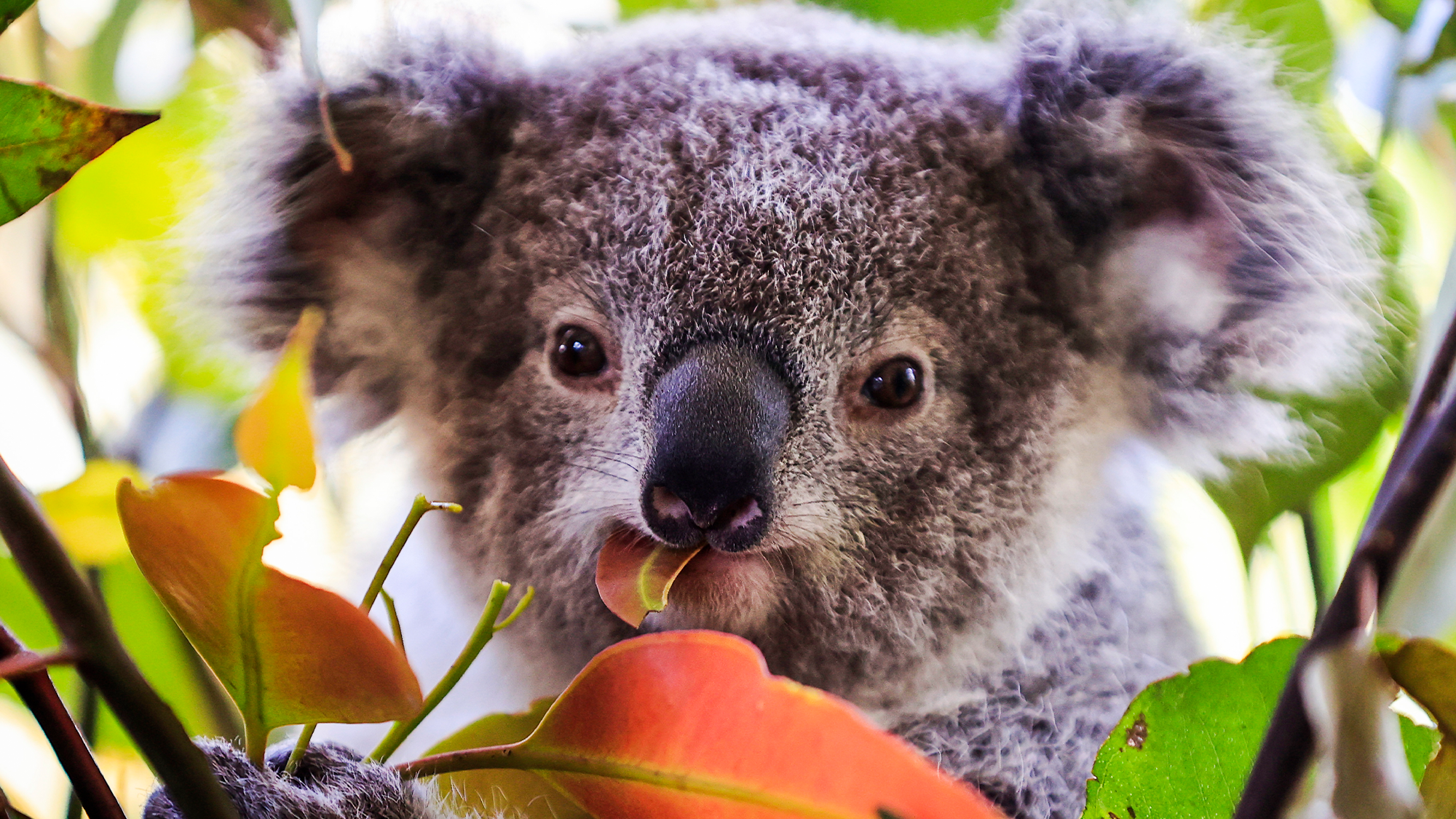
Quick Summary
- Vaccine Milestone: The first vaccine to protect endangered koalas from chlamydia has been approved in Australia, developed by the University of the Sunshine Coast (UniSC).
- Impact of Chlamydia on Koalas: The disease affects up to 70% of some wild koala populations,causing blindness,urinary tract infections,infertility,and death. It accounts for nearly half of the fatalities among these marsupials.
- innovative Single-Dose Vaccine: The vaccine is designed as a single-dose solution and has been clinically trialed on hundreds of koalas over more than a decade. Results showed a 65% reduction in mortality and prevention or reversal of symptoms.
- Loss Prevention Beyond Disease: Aside from chlamydia, threats such as habitat loss due to climate change, wildfires, and human encroachment remain critical challenges.
- Global Collaboration: The progress involved international partnerships with Canadian institutions and funding from organizations like the bill & Melinda Gates foundation. Australia’s Irwin family also contributed via their wildlife hospital.
- Next Steps for Rollout: Free access to at-risk populations will begin by January 2026 if sufficient funding is secured.
!A baby koala at Wild Life Sydney Zoo
Indian Opinion Analysis
this vaccine approval represents an meaningful advancement in wildlife conservation science with broader ecological implications. For India-home to species-specific efforts like Project Tiger-it highlights how innovative science can safeguard vulnerable species against devastating diseases while prioritizing conservation-driven global collaborations.
India’s own biodiversity management may draw inspiration from such integrated approaches that combine scientific rigor with policy action addressing environmental degradation. this case also underscores how non-disease factors like habitat destruction must be simultaneously tackled to ensure long-term survival for any species-a principle especially relevant given India’s increasing pressures on it’s natural ecosystems.


